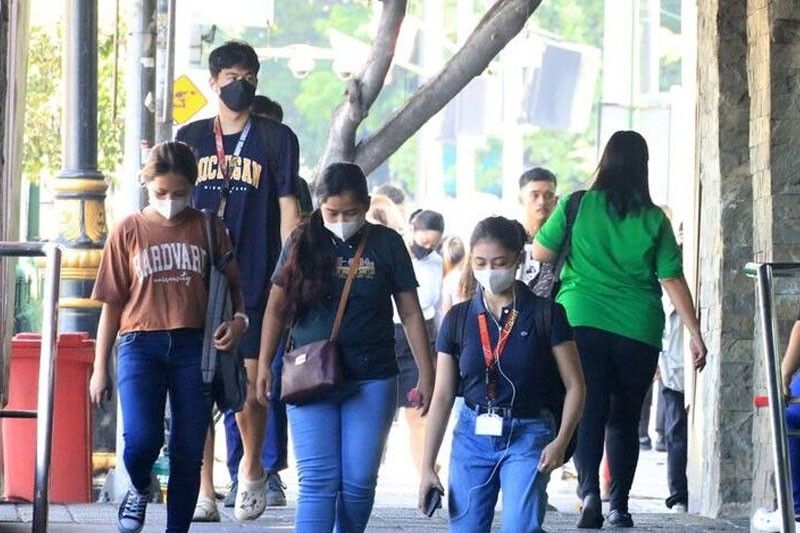‘High number of dropouts still a challenge’

MANILA, Philippines — The high number of dropouts, or those who do not finish their studies, remains a major problem of the country’s education system despite the increase in the number of students in recent years.
“While there are good signs in DepEd exceeding their enrollment targets, we also have to look at dropouts,” Justine Raagas, executive director of the Philippine Business for Education (PBEd), said at a press conference on July 21.
Government data showed that from the almost three million students who enrolled in Grade 1 in 2012, only around 2.3 million reached senior high school 10 years later.
“A quarter of Grade 1 students from Batch 2012 did not enroll in Grade 11 in 2022. We’re seeing a progressive decline across the years,” she added.
“In higher education, not all those who signed up for a degree, meaning those who start first year college, end up getting it,” said Raagas.
The same is true in technical education, where the certification rate – or the number of those who received certifications out of the total enrollees – is still below 70 percent.
“We’ve seen that our learners fall through the cracks as they progress in their journey, and we call on the administration to fill in these gaps in education governance and implementation,” said the PBEd official.
She cited various governance gaps, especially among agencies in charge of the country’s education system.
During the briefing, PBEd urged President Marcos to use his political capital to prioritize long-term reforms in the education sector.
“Education is a multi-year, multi-decade, multi-administration problem, so it should be given the right attention and resources,” PBEd president Chito Salazar said at the same press briefing.
“We must make education and nutrition our national concern and national priority. If we focus on developing our people first, many of our problems – from corruption to poverty, to low productivity to joblessness – will be easier to solve,” he added.
PBEd expressed hope that Marcos would focus on the education sector in his second State of the Nation Address, particularly by laying out long-term reforms that his administration would pursue.
Among the group’s recommendations was to align priorities by creating a long-term education agenda that would go beyond 2030 and encompass all education-related agencies.
It also pushed for improved inter-agency cooperation to address misalignment of education standards, address workforce concerns and ensure appropriate and consistent representation of decision-making offices.
PBEd also recommended empowering local governments to help address issues in education, such as expanding local school boards, creating a devolution plan and increase education budget for programs devolved to the local level.
“This administration and all of the administrations coming after must prioritize education and see it as a long-term economic solution. And I will actually dare to say that it must be prioritized over everything else. Health and education must be prioritized over roads, bridges and airports,” said Salazar.
“We must use our political savvy to make education reforms happen, but we must set aside political calculations in choosing what is right and what is correct for our children,” he added.
- Latest
- Trending




























